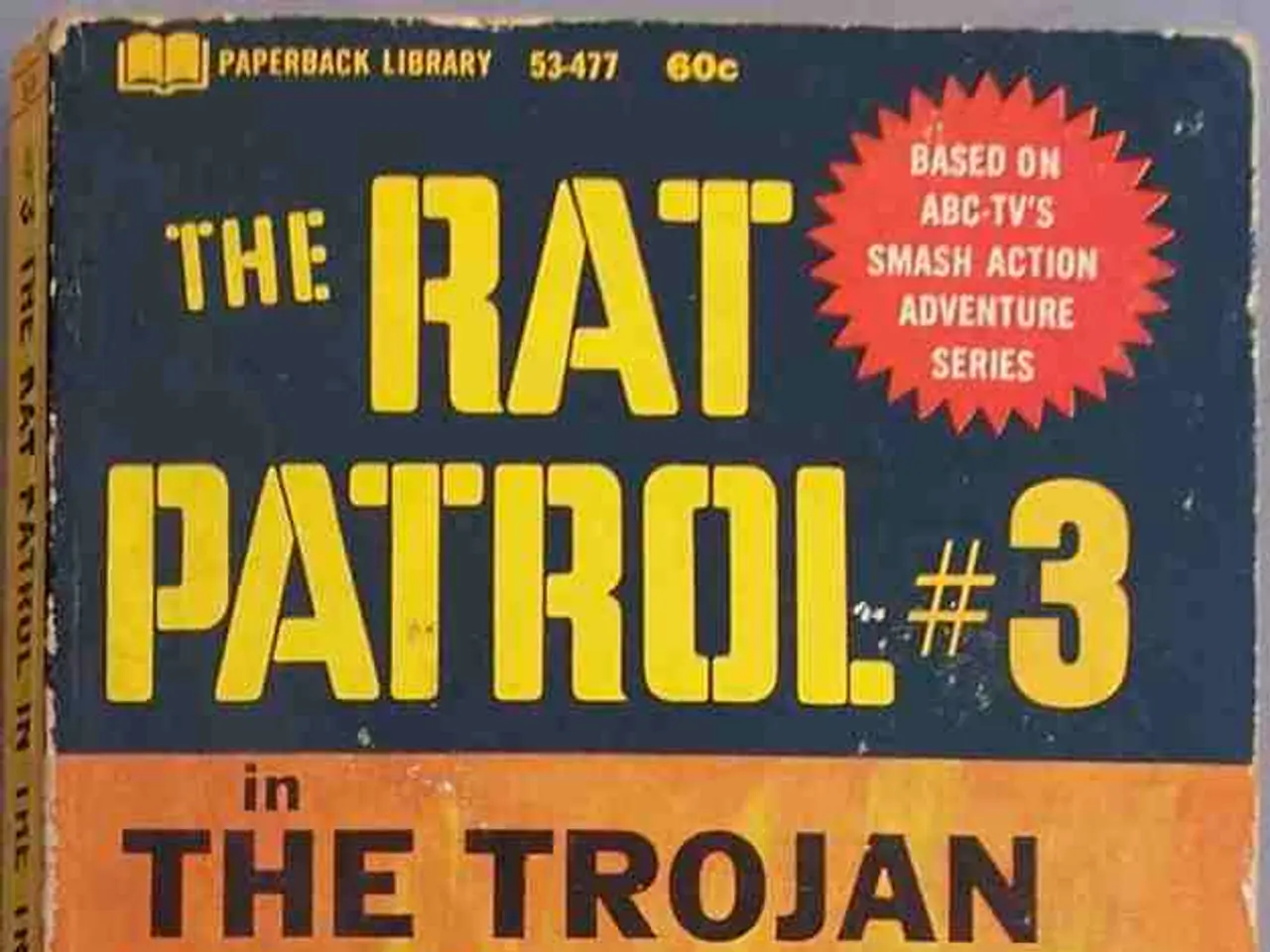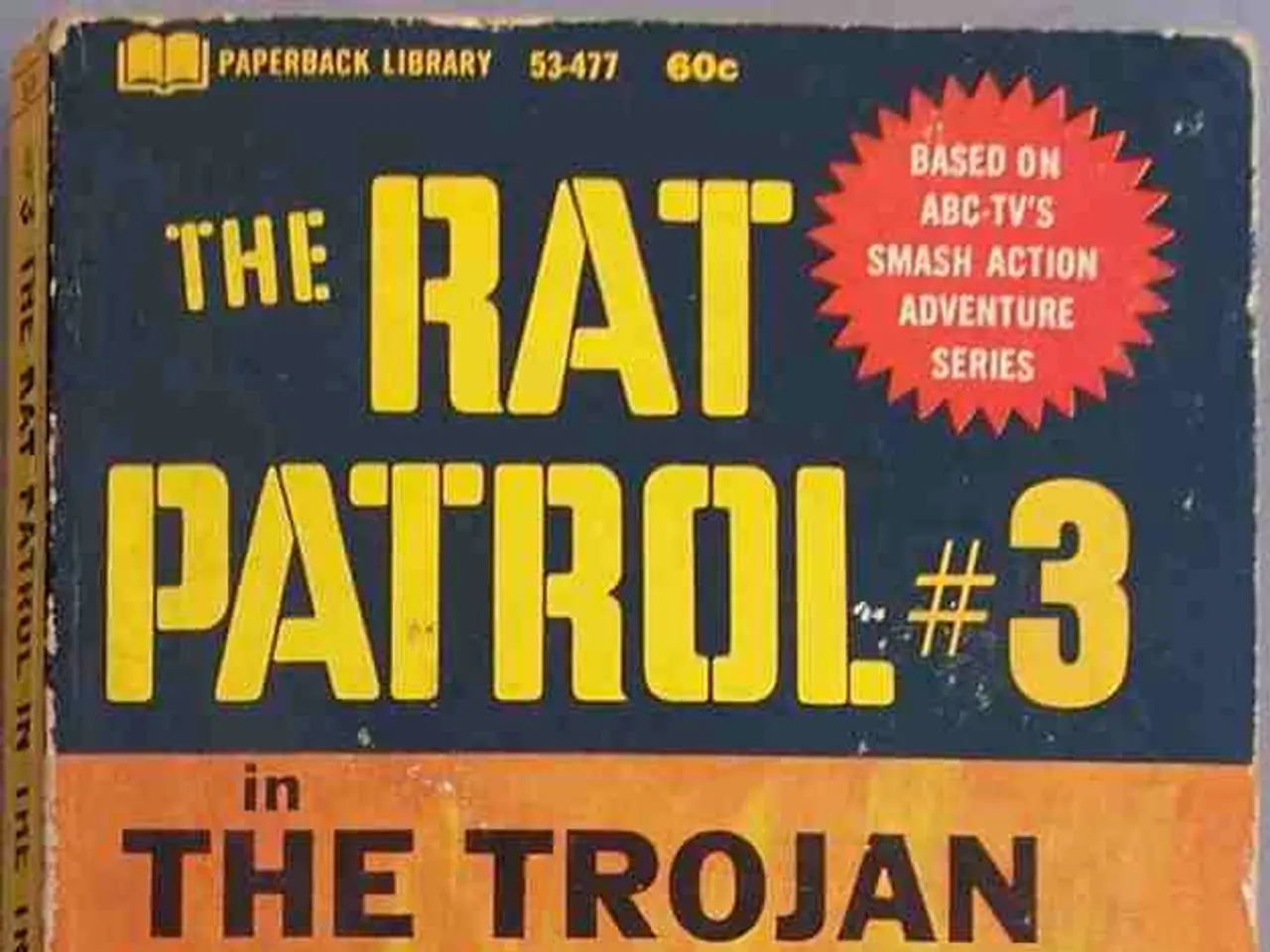Qatar successfully thwarted Iran's offensive against the largest American military base in the region.
In a surprise turn of events, top Qatari officials found themselves in an emergency meeting on a Monday afternoon, attempting to diffuse a heated confrontation between Iran and Israel. Suddenly, defense ministry personnel interrupted the discussion with an alarming call—Iranian missiles were en route.
The aggression, the first of its kind to target the Gulf, caught the officials off guard, according to Qatar's foreign ministry spokesperson Majed Al-Ansari. He recalled the prime minister's residence shaking from the interceptions that quickly followed overhead.
A wave of unease swept over the Gulf Arab states that morning. Glitzy, oil-rich capitals feared the worst—an Iranian missile strike that could shatter their illusion of stability after 12 days of intense war between Israel and Iran, culminating in a series of US strikes on Iranian nuclear facilities.
Bahrain, home to the US Naval Command, advised residents to avoid main roads, while Kuwait, with several US military bases, activated shelters in ministerial complexes. In nearby Dubai and Abu Dhabi, some residents booked early flights out, while others stocked up on supplies.
Nervous residents in Doha were on high alert. US and UK citizens in the country were advised to seek shelter, and American military personnel were evacuated from the US-run Al Udeid Base.
Qatar's advanced military radar system and intelligence suggested that Iranian missile batteries had moved toward Qatar that day. However, the situation wasn't entirely clear until shortly before the strikes. A Qatari official with knowledge of defense operations explained, "It could've been misdirected to lead us away from the actual target. There were still plenty of targets in the region...but towards the end, it was very clear—Al Udeid Base was going to be targeted."
Responding to the attack, Qatari officials were informed by their military that Iranian missiles were in the air and heading towards Al Udeid base around 7 p.m. local time, according to Al-Ansari. Qatar deployed 300 service members, activated multiple Qatari Patriot anti-air missile batteries across two sites, and coordinated closely with the US to counter the 19 Iranian missiles hurtling towards them. Seven missiles were intercepted over the Persian Gulf before reaching Qatari soil, and another 11 were intercepted over Doha without causing damage. One landed in an uninhabited area of the base, causing minimal damage.
While Doha received intel from the US, it did not receive any direct warning from the Iranians, contrary to a claim by US President Donald Trump that Iran had given the US early notice of the attack. Officials were well aware, however, that the US bases in the region could be targeted given that the Iranians had warned of this possibility "months ago," as stated by Al-Ansari.
Iran's Foreign Minister Abbas Araghchi confirmed that this warning was reiterated to his Gulf counterparts during a meeting in Istanbul the day before the Iranian strikes on Qatar. Iran's National Security Council later stated that its strikes had posed "no dangerous aspect to our friendly and brotherly country of Qatar and its noble people."
Despite rumors suggesting Qatar might have given the green light for the strikes as part of a political maneuver, Al-Ansari firmly denied this. "We do not take it lightly for our country to be attacked by missiles from any side and we would never do that as part of political posturing or a game in the region," he asserted. "We would not put our people in the line of danger. I would not put my daughter under missiles coming from the sky just to come out with a political outcome. This was a complete surprise to us."
In the moments following the attack, Trump called Qatar's Emir Tamim bin Hamad Al Thani to discuss the possibility of a ceasefire. "As we were discussing how to retaliate to this attack...this is when we get a call from the United States that a possible ceasefire, a possible avenue to regional security had opened," Ansari revealed. Qatar's role as mediator became crucial in the aftermath of the strikes, facilitated swift negotiations that eventually led to a ceasefire.
Shortly after, Trump declared on social media that a ceasefire between Iran and Israel had been brokered, marking the end of a tense and costly conflict.
The incendiary missile attack, originating from Iran and targeted at the Middle East, escalated the general news, war-and-conflicts, and politics in the world. This unexpected aggression, specifically aimed at Qatar's Al Udeid Base, was met with a united defense effort by Qatar and the U.S., as Qatari officials took immediate measures to counter the threat.





